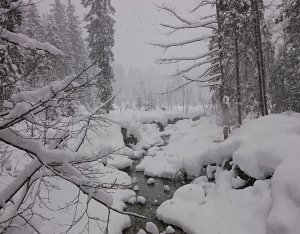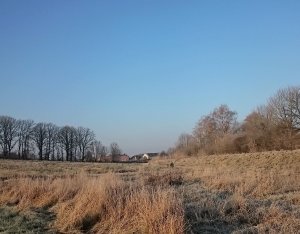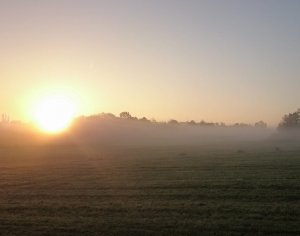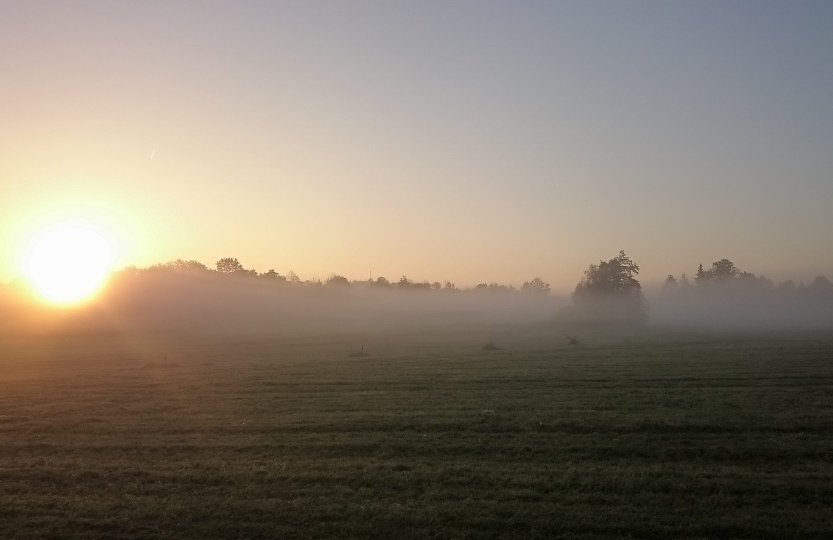
“I’m dreaming of a white Christmas” – who hasn’t heard Bill Cosby’s song and dreamt of a snowy landscape for Christmas? Wouldn’t you like to go skiing in an idyllic, snow-covered landscape in the Fichtel Mountains, just a stone’s throw away from your doorstep? And doesn’t taste mulled wine in the Winterdorf even better when snowflakes are spinning around you?
Well, there’s bad news: This is getting more and more illusive. Bayreuth will have to face the fact that winter might not be coming.

The culprit is climate change heating up the atmosphere in Bayreuth as well as in the rest of the world. As we are already facing a global temperature rise of roughly 1°C, the impacts of climate change are becoming noticeable even in Franconia. Worldwide, climate change shows its different faces: droughts, hurricanes, sea level rise. I asked myself: How do these faces look like in Bayreuth?
Ferdinand Reb, manager of the Tourist Authority Fichtelgebirge e.V., is on his way to Berlin when I call him. He is a busy man, using the time when he is stuck in the traffic anyway to talk to me. Are there any effects on tourism and winter sports, I ask. Mr. Reb answers in a well-versed way, and I get the feeling that he has already thought a lot about this topic. “You can observe increased temperatures, missing snowfall, changes in precipitation”, he explains – indicators that climate change has eventually found its way to the Fichtel Mountains.
According to Mr. Reb, there are two different ways for the alpine tourism to respond to the changes. First of all, there is a need for new infrastructure to ensure reliability when winter is not reliable anymore. Snow-making facilities have to be present in case the snow fails to appear, cross-country skiing trails are established in higher altitudes where snow is still falling.
Second, new marketing strategies need to be established. The Tourist Authority Fichtelgebirge is working already on offering new types of winter sports that can be done without snow, such as hiking or mountain biking or the visiting a thermal bath. Of equal importance is flexible communication to inform tourists about activities according to the weather conditions. These might change fast, so the tourist agencies need to provide them with adequate options. “Winter must work out without snow”, Reb says.

However, the new strategies seem to work: The number of tourists in the Fichtel Mountains has been increasing for the last eight years. It is clear to me: The Tourist Authority Fichtelgebirge e.V. has acknowledged the ongoing changes and they have adapted their strategy to the new circumstances. “We cannot avoid starting with ourselves developing sustainable strategies to cope with climate change”, Reb says.
“We won’t stop glaciers from melting or sea levels to rise, but we must do our part and hope that we all together can ensure a positive change in the end.”









